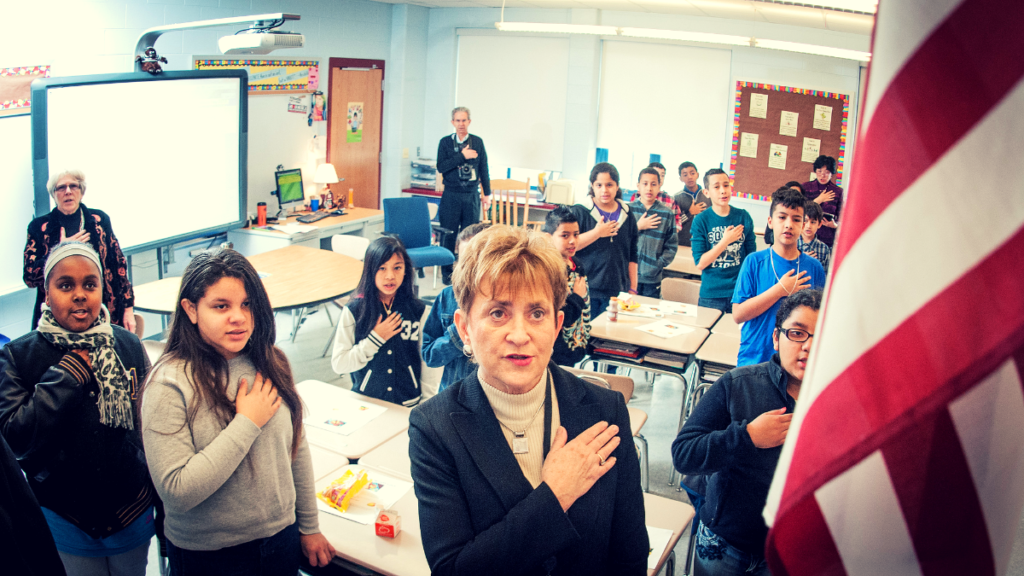Tag: markets in education


Fixing education will take more than school choice
May 22, 2023 | Post
The topic of school choice policies continues to be a subject of ongoing debate, with varying perspectives on how best to approach the issue. Aside from the opposition of groups invested in the status quo, pro-school choice reformers disagree about how to design choice policies and the role of the federal government. Any policy that […]

3 reasons why school-choice profits are a good thing
January 28, 2017 | Post
The key difference is not whether people are seeking to make money, but how they seek to make money.

5 types of school choice: Which has the least government involvement?
January 24, 2017 | Post
In some types of school choice (like open enrollment programs and charter schools) the government plays a big role. And in others (like voucher programs and education savings accounts) not so much.

How entrepreneurs can make better schools for real kids
January 17, 2017 | Post
Suppose that there are children throughout America who are utterly disengaged in their assigned public school each day, but that are absolutely riveted by the sports news on TV or YouTube each night. Suppose that at least one set of their parents realize their sports nut child is uninterested in school because it targets the instruction and examples to generic children.

A champion of “absolutely unlimited competition” in education
January 15, 2017 | Post
In 1926, J. Gresham Machen testified before a congressional committee regarding a proposed federal department of education. In the first minute of his testimony, he explained that the purpose of the bill was “to promote uniformity in education,” which, he asserted, “is the worst fate into which any country can fall.”

5 Myths About School Choice
September 20, 2016 | Post
Last month, Last Week Tonight host John Oliver covered charter schools, calling for more government oversight. While Oliver explicitly declined to discuss “whether or not charter school are a good idea in principle,” his focus on failed and mismanaged charter schools has upset many charter school supporters and re-ignited debates about the value of school choice.

